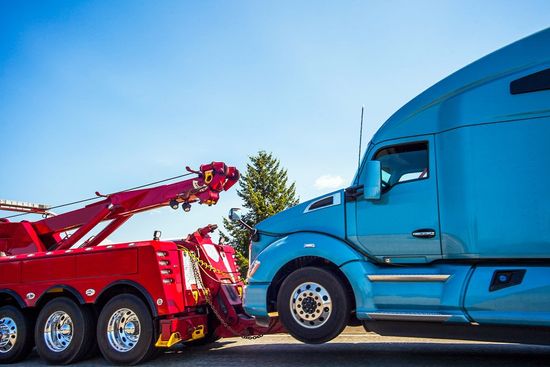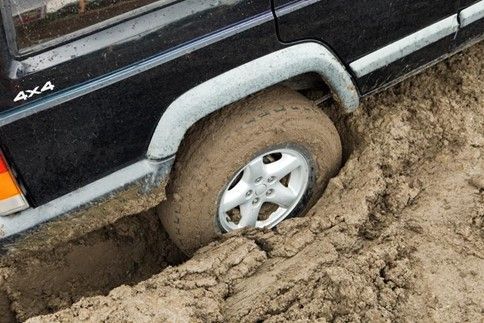3 Situations Where You Need a Tow Truck
Admin • May 5, 2020

Nobody likes to call a tow truck. Aside from the expense and inconvenience, it can often feel like giving up on your poor car. Unfortunately, trying to avoid a tow often leads drivers to take costly or potentially dangerous chances with their vehicles. Part of being a safe driver is knowing when to throw in the towel, and that means understanding when you should call for a tow.
If you've ever tried to push your car that extra mile or two to the next gas station, keep reading. Below, you'll find three situations where trying to save a few bucks on a tow can potentially lead to disastrous consequences.
1. Coolant System Failures
Picture this: you're traveling down the highway when you notice your temperature gauge beginning to spike. I can make it to the next exit, you think to yourself before steam begins to billow out from under your hood. A motorist stuck on the side of the road with a busted radiator is a typical movie trope, but it's a serious situation in real life.
Your vehicle relies on its cooling system to keep the engine temperature within a safe operating range. Deviate from this range by too much, and you can cause internal damage. Overheating often leads to blown head gaskets, for example, and an accompanying four-figure repair bill. Pushing an overheating car too far can even warp the head, ultimately rendering the engine useless hunk of metal.
Because of the potential for severe damage, you should always treat overheating as an emergency. Once you notice your car's temperature gauge beginning to creep up, find a safe place to pull over before shutting your vehicle off. The cost of a tow is a bargain compared to a new engine.
2. Charging Issues
Your car's charging system works in two phases. When you first turn the key, your battery provides a quick jolt of power to engage the starter motor and get your engine rolling. Once the vehicle is on, the battery acts as a capacitor to smooth the power delivery from the alternator. A failure at any point in this system can leave you stranded or even cause your car to stall.
Your battery relies on the alternator to keep it charged, which is why a car that's left sitting can sometimes fail to start. In these cases, a quick jump will have you on your way. Unfortunately, problems with your alternator or a battery that refuses to hold a charge are more severe problems. These charging system failures might allow your car to run for a while, only to leave it dead once you park.
If you find your vehicle requiring frequent jumps, then that's a sign that your charging system is experiencing trouble. Rather than risking a dead battery on every trip, the best option is a tow to a service center. Not only will this help you to resolve your problem permanently, but it will also keep you from being stuck with your car in the middle of nowhere.
3. Flat Tires
You may be frustrated to step outside and discover that one of your tires is low, but limping to the nearest air pump may not be the best option. Driving on a slightly underinflated tire for very short distances is generally safe, but you should never drive on a noticeably low tire. If you can tell that your tire is flat just by looking at it, then call a tow truck rather than risking permanent tire damage.
Whatever your roadside emergency, AA Wrecker Service can help to tow your car to safety. Get in touch
with us rather than risking further damage to your vehicle!

This guide provides essential tips for towing your motorcycle securely, whether you're handling a breakdown, transporting over a long distance, or in an emergency situation. Understand the key factors of motorcycle towing, from selecting the proper trailer or tow truck to securing your bike correctly to avoid damage. Learn how to ensure safe transport by checking weight capacity, using a wheel chock for stability, and driving cautiously.
Read this blog to learn why you should call a towing service after a vehicle accident to ensure the safety and preservation of your vehicle.
Discover essential roadside safety tips for staying safe when your car breaks down. From pulling over safely to using your emergency kit, learn how to handle car trouble confidently and ensure your safety on the road.
Every car owner fears breaking down. Read our blog to learn why you need a professional towing service if you break down and why DIY isn't enough.
Dealing with an abandoned vehicle can be inconvenient. Read our blog to learn why you should call a professional abandoned vehicle towing service.
Understanding the potential reasons for needing a motor home tow and how to prepare for such an event can save you time. Read on to learn more.
Your vehicle can break down at any place and at any time. Learn about some of the main reasons why cars might suddenly break down.








